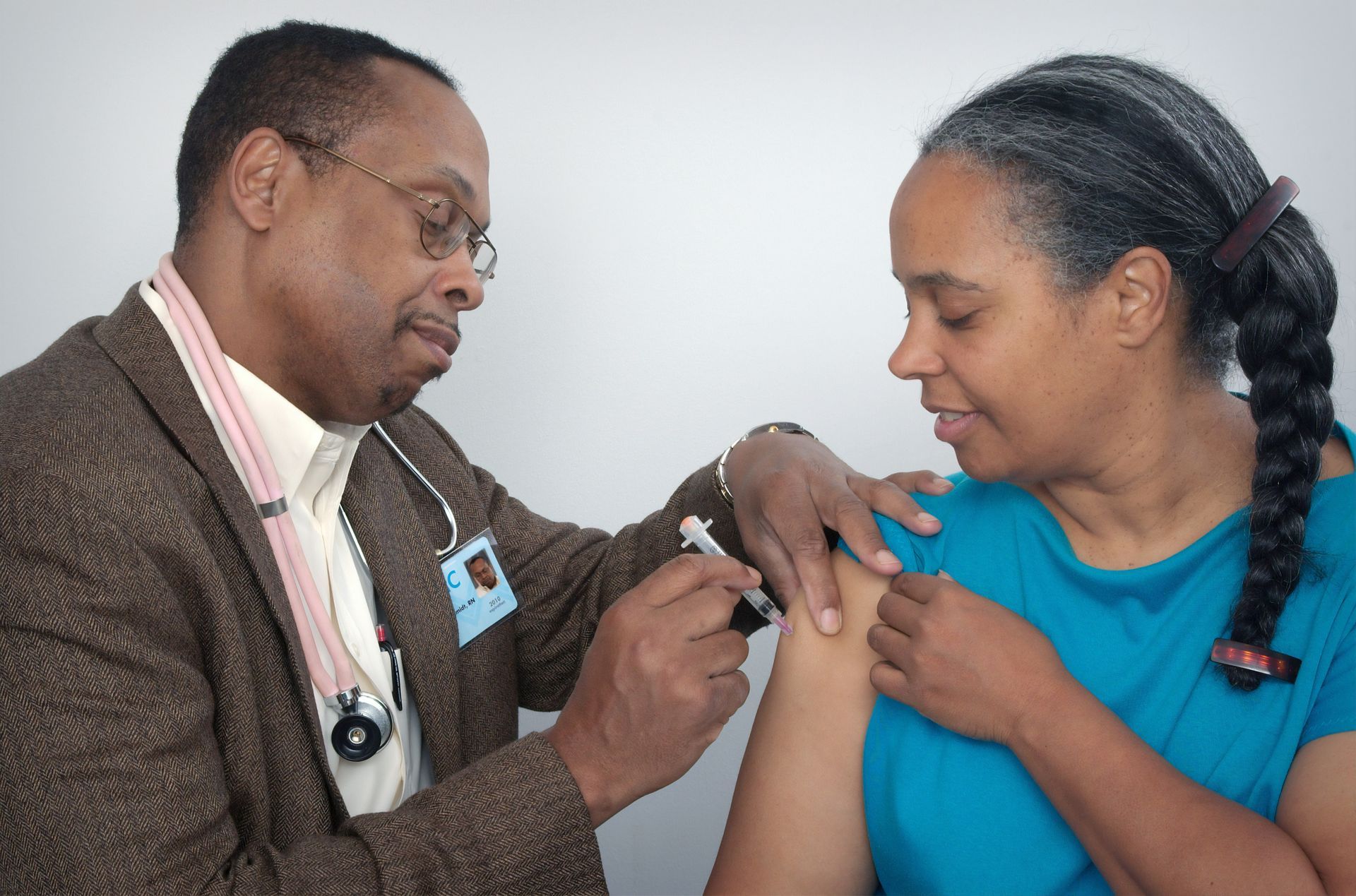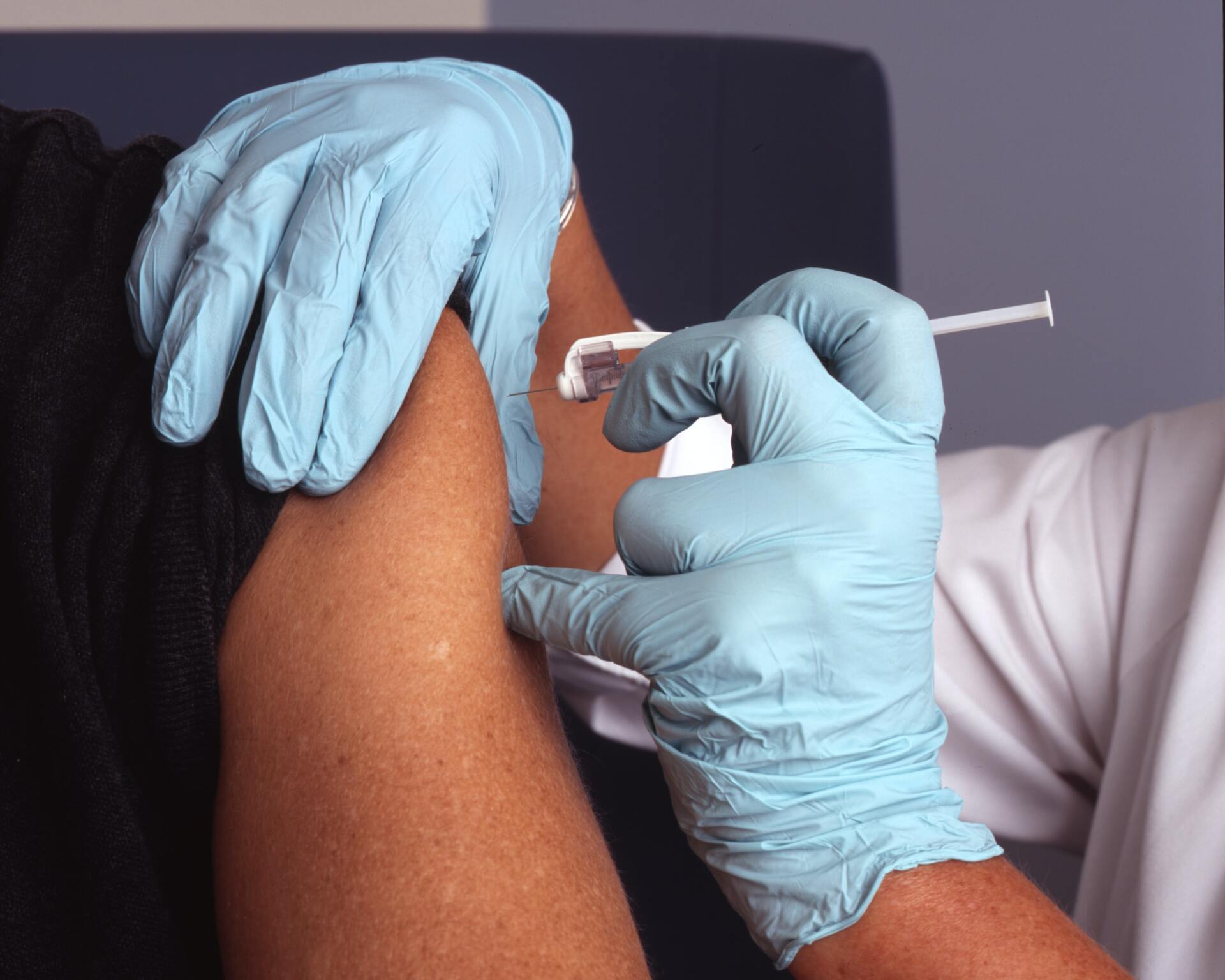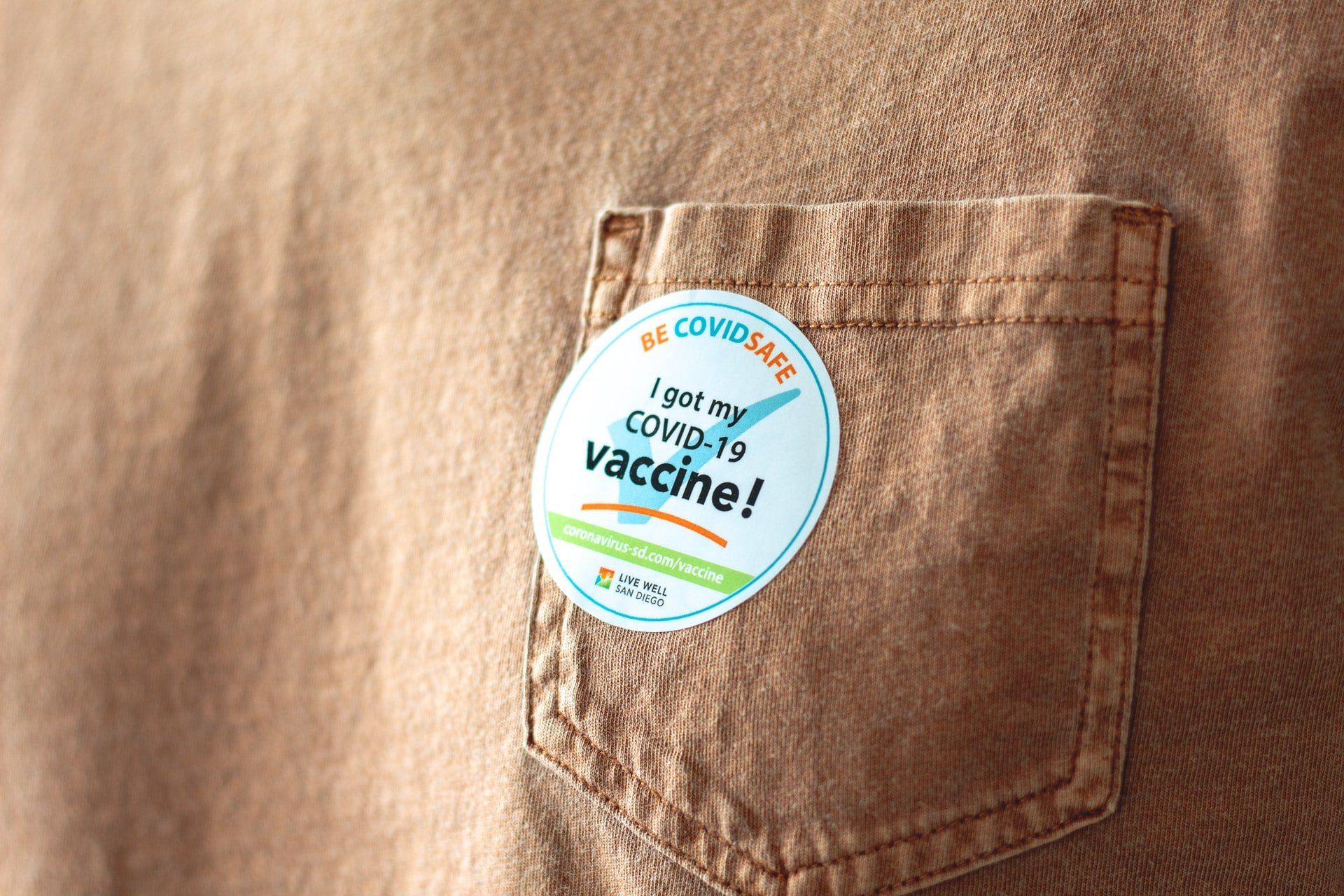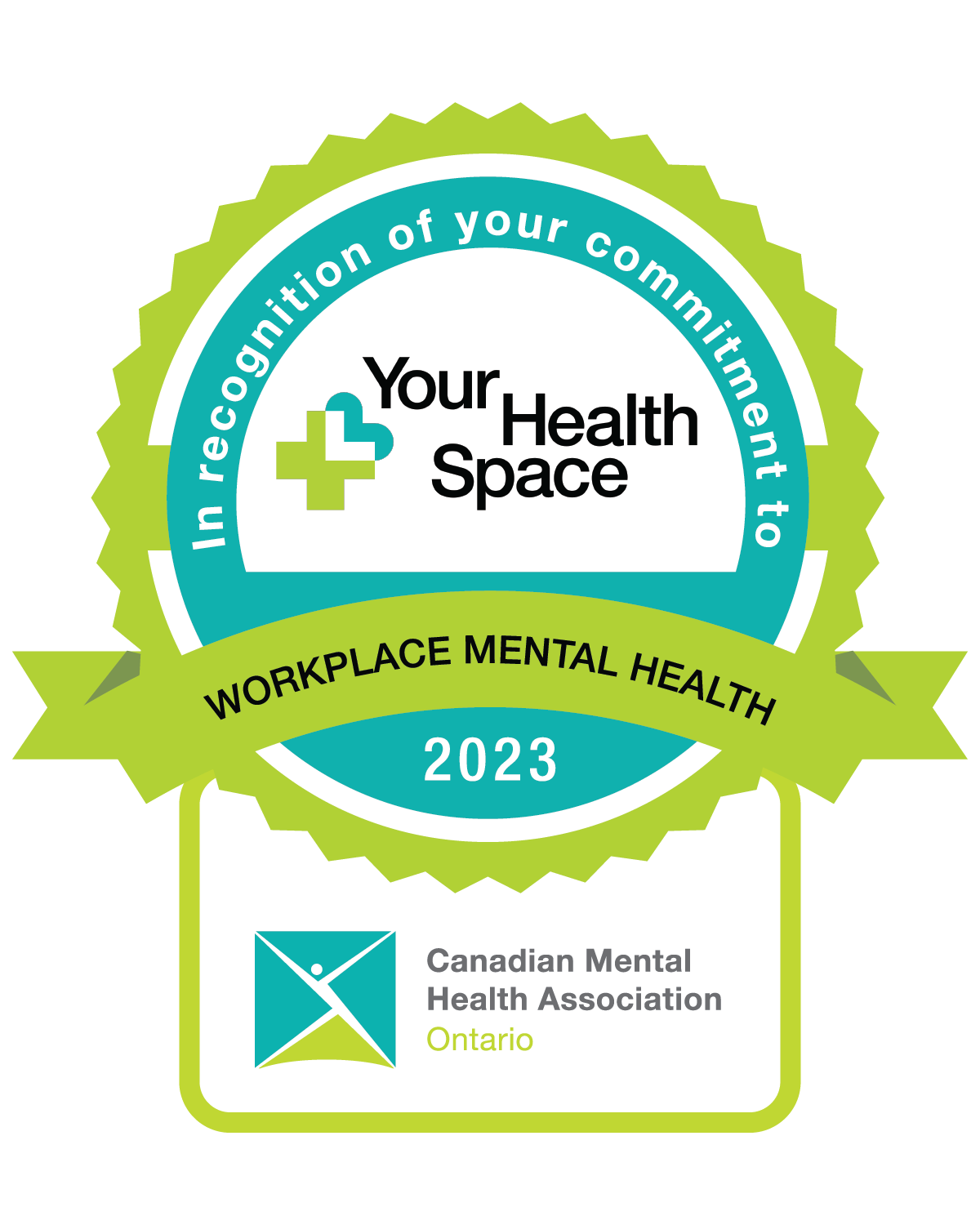Caregivers: Does your loved one need a gait aid?
People with dementia have an annual fall risk of 60-80%, (Allan et al. PloSONE 2009) twice that of the cognitively healthy and have a higher risk of serious fall-related injuries, such as hip fractures (Asada et al. Age Ageing 1996).
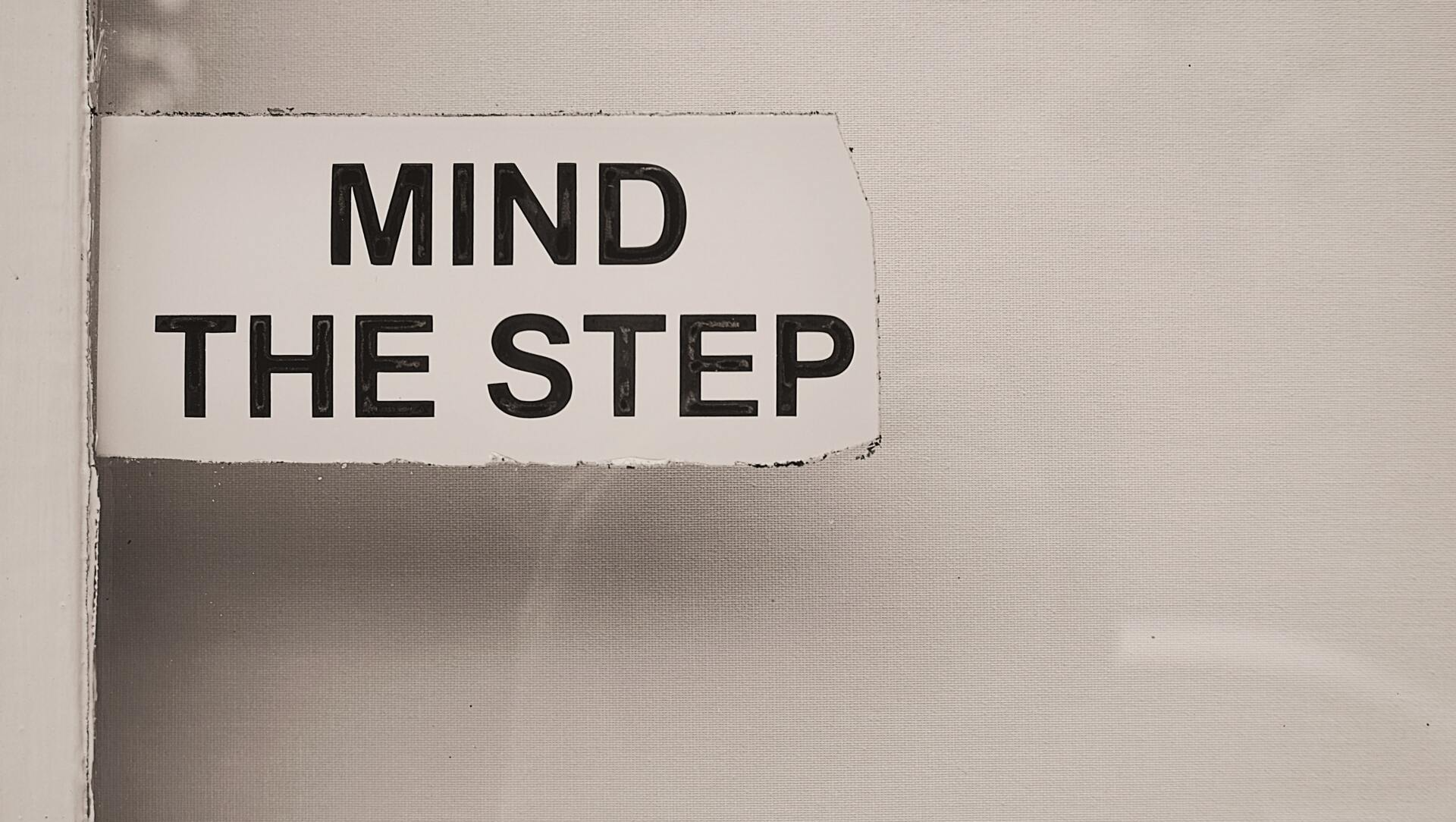
By Marguerite Oberle Thomas, RN, BScN and Dr. Susan Hunter
Nobody ever said caregiving is easy. It is especially not easy when your loved one has dementia and you worry about them falling but are uncertain as to what is to be expected and when to take action. Research has shown that people with dementia can learn new skills like exercises or using a mobility aid through repetition and practice, which is frequent training with positive feedback.
There are changes in balance and walking that occur from the underlying disease process of dementia that make people more unsteady. Balance and gait deficits are common and present early in the disease.
What might a caregiver first notice that their loved one is having problems with balance and walking? People with dementia tend to walk slower, take shorter steps and will have difficulty recovering their balance when unsteady. People with cognitive impairment and dementia also have problems multitasking, such as walking and talking at the same time. Thinking, balance and walking problems are common and progressive in dementia, leading to impaired mobility, falls and fall-related injuries. The mechanisms for the increased risk of falls in people with dementia, are not fully understood, yet balance and walking problems and leg weakness are prominent risk factors. The severity of the dementia also increases risk as the changes in the brain directly affect a person’s ability to control movement.
A common treatment option for balance and walking problems is the use of a gait aid, such as a 4-wheeled walker, as it increases stability for the person. The good news is that many people with dementia can be assessed and trained to use gait aids (e.g., cane or walker) effectively, especially early in the disease process.
While it can increase mobility, the use of gait aids by people with dementia can also result in an increased risk of falls. The reasons for this increased risk are due to increased demands on the brain to use the gait aid or to do multi-tasking. It can be difficult to use the aid and do another task such as carrying something. The person`s hands may not be available to reach for support when there is loss of balance. People may start use of the aid late in the disease and thus may have more trouble learning how to use it correctly and may lack insight on safety (e.g., forget to put on the brakes). Since many people obtain mobility aids without consultation with health care professionals, there can be unsafe use and maintenance of equipment. There is a learning curve to using the aid safely.
Healthcare professionals with special training in the assessment, prescription and training in use of gait aids include physical and occupational therapists. The therapists will meet with people individually to take a history to understand the problems someone is experiencing and perform a physical assessment for balance, walking and leg strength to determine which areas are causing problems. The therapists will then determine the most appropriate gait aid for the level of physical activity and home situation which will also include training on the aids use. As balance, walking and leg strength problems are progressive it is good to have re-evaluations if you notice a change in function or if a person is experiencing falls. Additionally, seeing a healthcare professional will determine the type of aid, whether it is sized appropriately and that the best training is offered.
Therapists will work to avoid errors and minimize inaccurate performance during the learning process. This helps to reduce frustration and it increases participation of the person with dementia. Therapists will provide training over a period of time and also encourage exercises, which help to keep muscles strong.
Overall conclusion: If you notice your loved one is no longer walking with the same skill or if your loved one seems to stumble more or has actual falls, please have him or her professionally assessed. People with dementia can and do learn to use mobility aids effectively. Professionals also help with ongoing assessment of your loved one and with the ongoing maintenance of the aid.
Click here for resources for older adults and caregivers from Fall Prevention Canada.
ABOUT THE AUTHORS
Dr. Susan Hunter is an Associate Professor in the School of Physical Therapy at the University of Western Ontario. Her clinical and research interest is in older adult health.
Marguerite Oberle Thomas, RN., BScN is Consultant Liaison, Fall Prevention Community of Practice, sponsored by Parachute. She is a senior and former caregiver, keen to prevent injuries.
Latest from Nucleus

